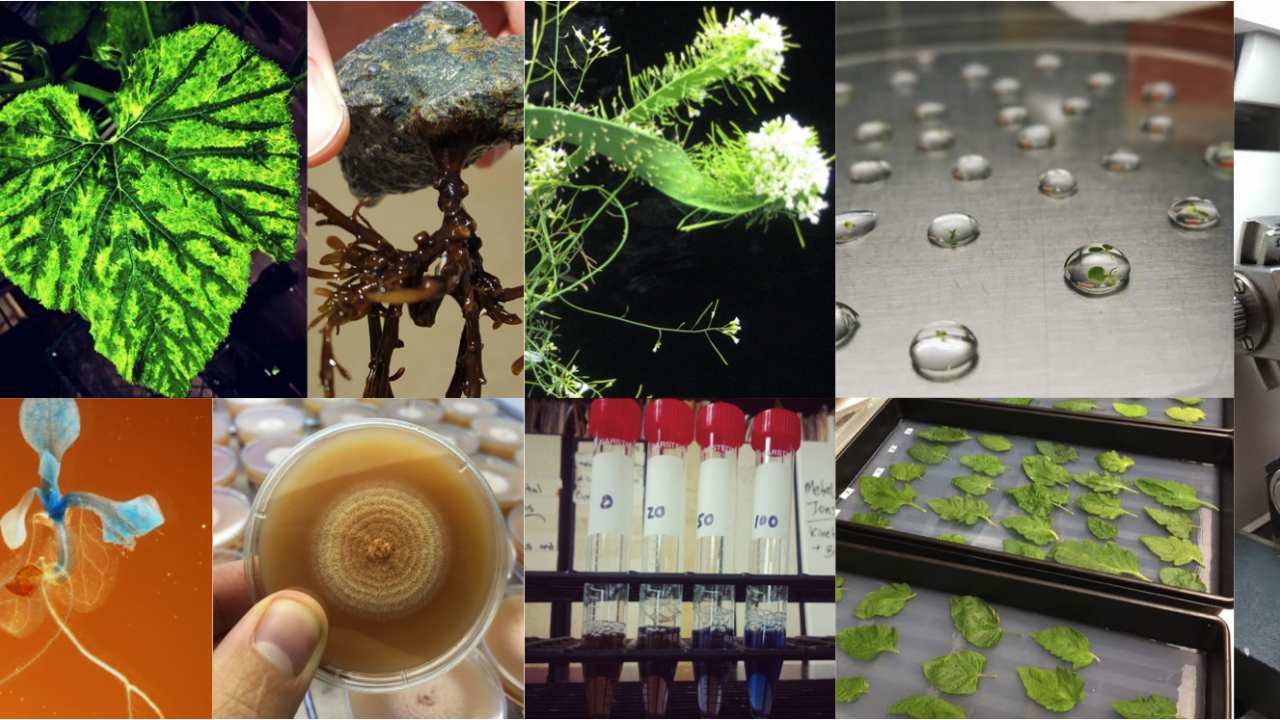
March Newsletter
See below for a Science Says-only offer for a visual science communication course from Picture As Portal and for many upcoming events! Read on to find out more, and please share widely with your networks.
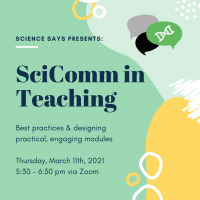
March: STEM Education
On March 11th at 5:30pm we will be hosting Jeff Hescox from the UCD C-STEM Center to discuss scicomm practices in teaching and developing engaging modules.
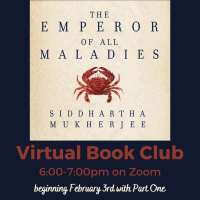
Science Book Club
We're reading The Emperor of All Maladies by Siddhartha Mukherjee for this winter-spring book club. The next meeting is Wednesday March 17th at 6:00pm. To learn more and get on the email list, check out the link below.
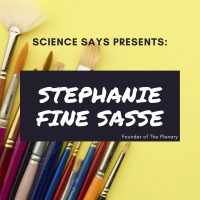
April: SciComm and Art
Science Says is hosting Stephanie Fine Sasse, founder of The Plenary, on April 22nd at 5:30pm to discuss the unique intersection of art and science communication.
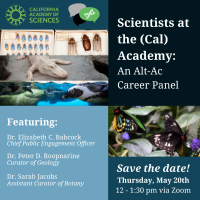
May: California Academy of Science
Science Says is hosting Drs. Peter Roopnarine, Elizabeth Babcock and Sarah Jacobs from the California Academy of Science on May 20th at 12pm to discuss how they brought their academic skills to the museum setting, as well as what they are doing now.
Sharing SciComm Projects
Do you have a cool science communication project you'd like to share? Are you interested in trying blog writing? Email us at davissciencesays@gmail.com.
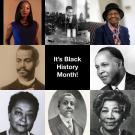
Black History Month
In February, we celebrated Black History Month by sharing information about Black scientists throughout history.

Science Art Contest Winners
In January, we hosted a science art contest, and received many beautiful submissions for each of our three location-based categories! Check out the submissions and see the winning pieces below.
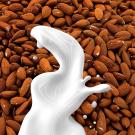
Dairy Alternatives Deep Dive
Ever wondered what makes milk, milk? Or cheese, cheese? Sydney Wyatt took a deep dive into their definitions and the labeling controversy surrounding their plant-based alternatives.
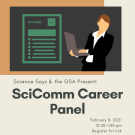
Career Panel Recap
Miss our February SciComm Career Panel? We featured Drs. Grayson Doucette, Brittany Anderton and Alison Van Eenennaam to discuss their careers in policy, digital media and scicomm in the academic sector.
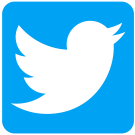
Social Media #SciComm
Social media can be a powerful tool for good, and for bad, especially in science. Sydney Wyatt shares some of the tips she learned from a Social Media for SciComm event.
Citizen Science Project
Want to participate in a citizen science project? If you're in the Tahoe area during winter storms, keep your eyes on the sky and report whether it is raining, snowing, or a wintry mix. It is especially helpful if you can record when rain changes to snow, or snow changes back to rain.
With your observations, Tahoe Rain or Snow is working on better estimating how much water falls on the Sierra Nevada during winter. This is difficult with current satellite technology, especially in the mountains, so they need observations from all over the region.
To sign up, text WINTER to 855-909-0798.
Resources, Opportunities, and Virtual Events
Let us know if you hear about any resources or opportunities that our group may be interested in! davissciencesays@gmail.com
Volunteer for a "Meet a Scientist" Panel!
Practice your scicomm, build your outreach and tell your science story (or stories about your science)! Science Says meets virtually with classrooms and public science events like North Bay Science Discovery Day to talk about our journeys and answer audience questions.
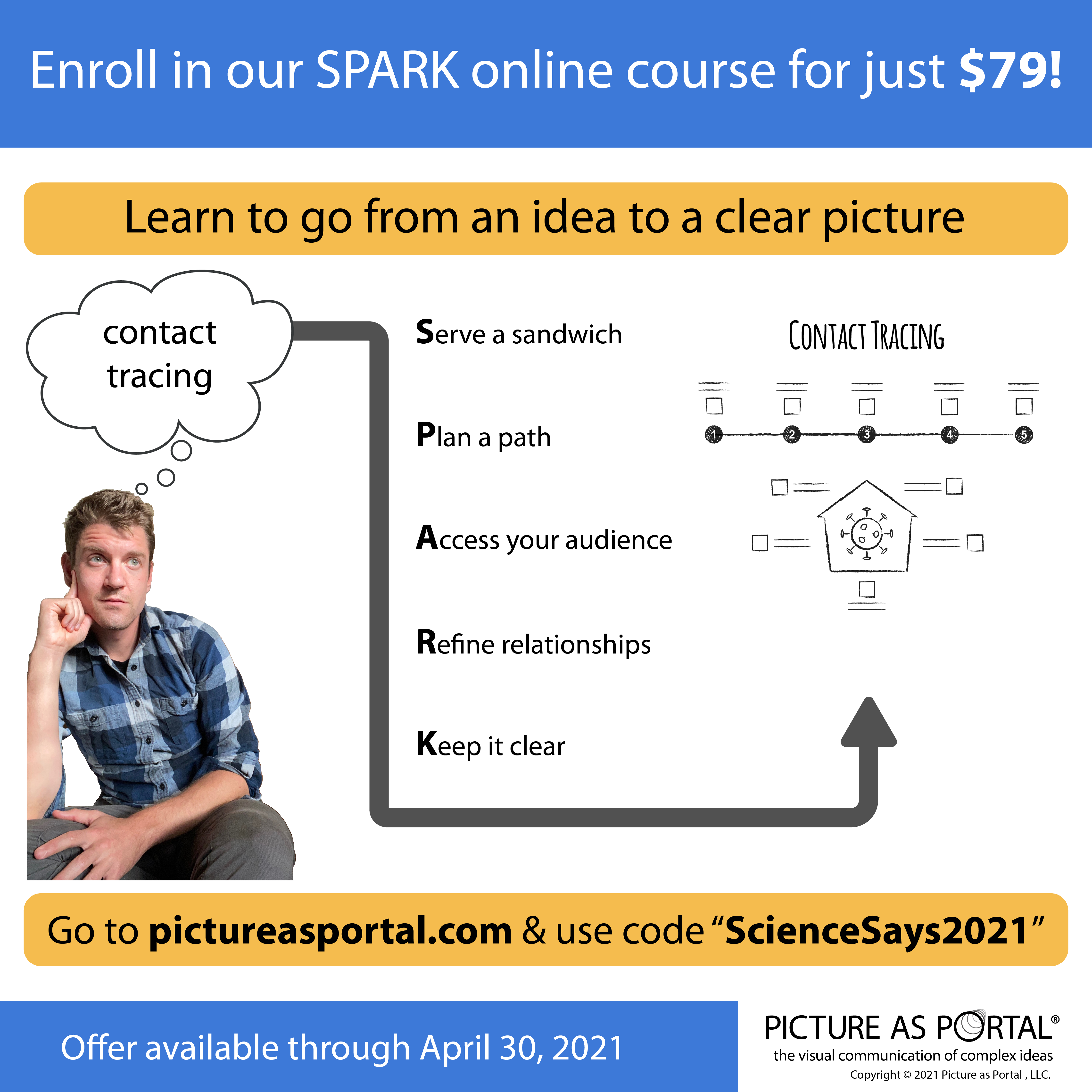
Picture as Portal Visual Science Communication Course
In this course, you’ll learn a sequence of 5 strategies for communicating science in a picture—based on the easy-to-remember acronym S.P.A.R.K. Each letter represents one strategy. You’ll learn exactly how a picture evolves from beginning to end. As you progress through the course, you'll see step-by-step demos of each strategy applied to a case study image.
S.P.A.R.K. is perfect for you if—right now—you’re working on a presentation, a paper, or a project, and find yourself struggling to communicate clearly. Follow S.P.A.R.K.’s step-by-step process, and you will have a picture by the end of the course. And we think you’ll be surprised by what you’re able to accomplish!
You’ll learn core concepts of visual communication that’ll be useful whether you’re an expert or a student, a novice or a pro. This is not a course on how to draw. What you’ll learn can be applied to many different ways of presenting information—such as diagrams, charts, or data visualizations. Your pictures can be drawn by hand, or you can use software you already know.
BioRender Presents: Top Ten Design Tips for a Better Presentation
BioRender is putting on a FREE webinar (with recording) this Thursday March 4th at 2pm EST. The team will share their tips for creating better slides including actionable tips on how to design modern and effective Powerpoint slides with included free templates and decluttering diagrams for presentation figures.
UCD SciComm Faculty Training Program: Science for the World Workshop
This workshop will focus on culturally relevant science communication, featuring scientist and award-winning science communicator Dr. Mónica Feliú-Mójer on Thursday March 11th at 12pm PST.
This workshop will be centered on teaching what culturally relevant science communication is, communicating science to a broader audience, and sharing useful tools and examples for culturally relevant science communication. The workshop will finish with a Q & A session.
Science Talk '21: March 24-26, 2021
Science Talk is an annual science communication conference featuring workshops, presentations and networking opportunities; this year's theme is "Resilience." Presentations cover topics like "How to be Resilient Against Fake Science," "How to Make Your Message STICK in People's Brains" and "Experimental Error: Writing Science Humor." Workshops discuss topics like bridging communication gaps, visual design for science communication and communicating with science averse audiences. This is a great training and networking opportunity we hope you will enjoy!

Comments